 https://www.digideo.co/wp-content/uploads/2025/01/Top-trends-2025-Pinterest-Predicts-can-grow-your-business-2025-01-15-15-21-40.png
842
1663
Urszula Urban
https://www.digideo.co/wp-content/uploads/2023/06/digideo2019-340-1.jpg
Urszula Urban2025-02-28 17:55:512025-02-28 18:00:41Top Trends in ecommerce 2025
https://www.digideo.co/wp-content/uploads/2025/01/Top-trends-2025-Pinterest-Predicts-can-grow-your-business-2025-01-15-15-21-40.png
842
1663
Urszula Urban
https://www.digideo.co/wp-content/uploads/2023/06/digideo2019-340-1.jpg
Urszula Urban2025-02-28 17:55:512025-02-28 18:00:41Top Trends in ecommerce 2025Zoho Campaigns is a robust and versatile email marketing tool offering comprehensive features, including advanced automation, seamless integrations, and detailed analytics. Its user-friendly interface and flexible pricing make it an excellent choice for businesses of all sizes.
In this post, I will comprehensively analyze its main competitors in email marketing.
I chose five competitors because of their large and popular user bases: Mailchimp, Constant Contact, GetResponse, AWeber, and ActiveCampaign.
Zoho Campaigns – workflows
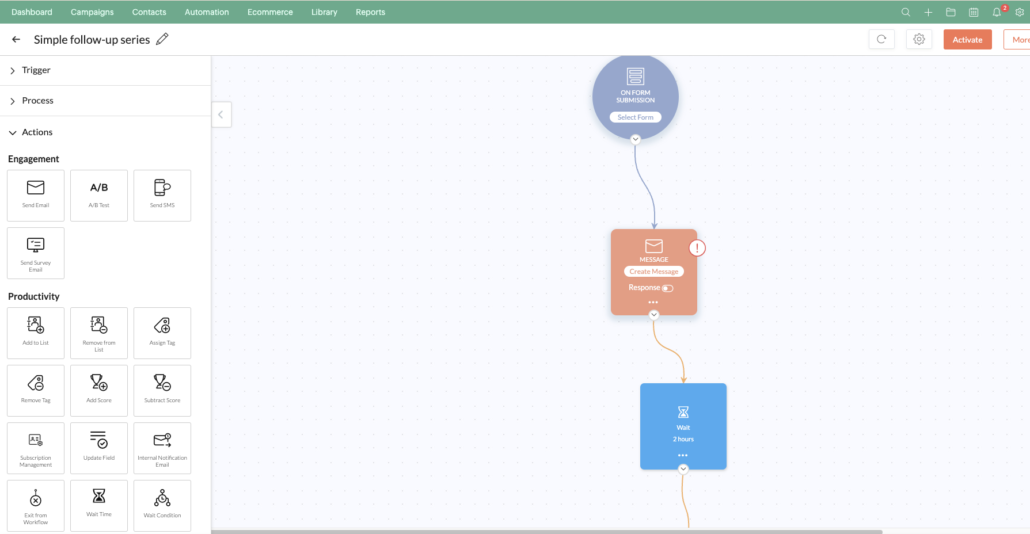
When deciding between Zoho Campaigns and other email marketing platforms, it’s essential to weigh the advantages and disadvantages of each platform. Here’s a detailed comparison highlighting the pros and cons of using Zoho Campaigns over Mailchimp.
Pros of Using Zoho Campaigns
-
Seamless Integration with Zoho Suite:
-
- Pros: Zoho Campaigns integrates seamlessly with other Zoho products such as Zoho CRM, Zoho Books, and Zoho Desk, providing a unified ecosystem for managing various aspects of your business.
- Benefit: This integration ensures smooth data flow and better synchronization across different business functions.
-
Cost-Effective:
-
- Pros: Zoho Campaigns generally offers more affordable pricing plans than Mailchimp, especially for businesses with larger subscriber lists.
- Benefit: Lower costs can be particularly advantageous for small to medium-sized businesses looking to maximize their budget.
-
Advanced Automation and Workflows:
-
- Pros: Zoho Campaigns provides a powerful workflow builder with complex automation capabilities, including multi-step workflows, custom triggers, and conditional logic.
- Benefit: Allows for highly personalized and targeted email marketing campaigns.
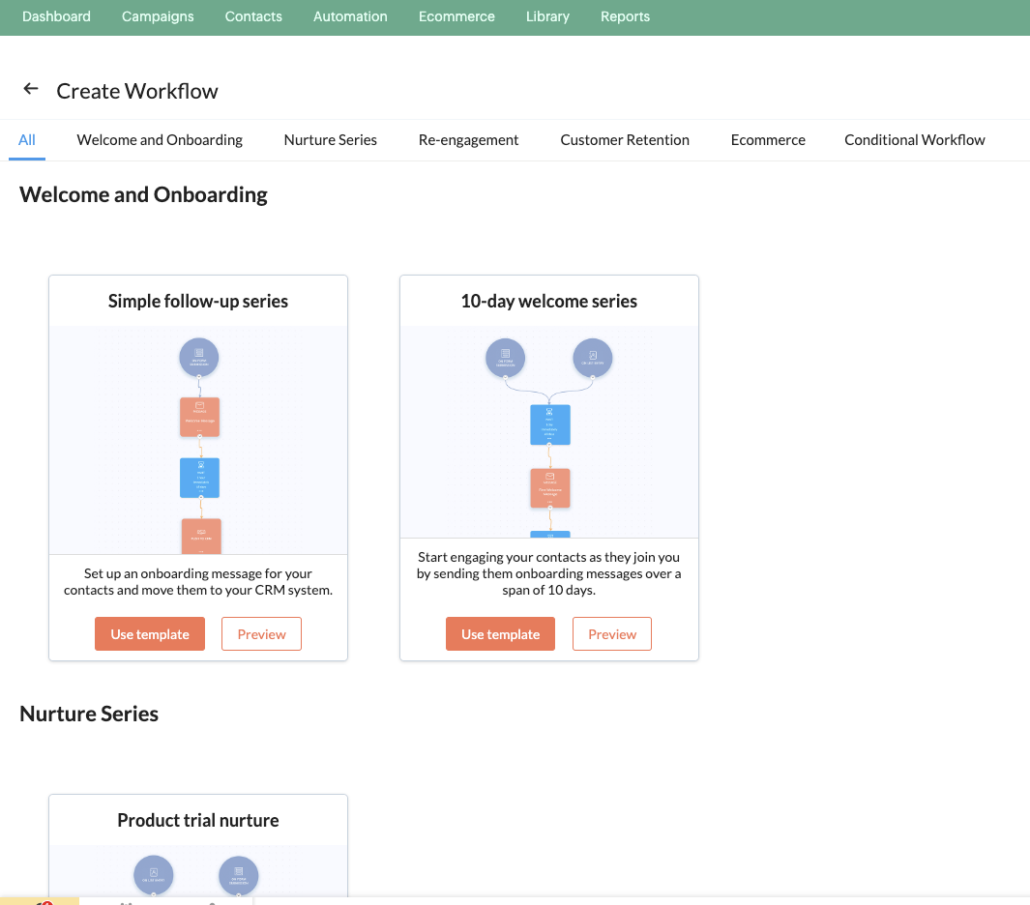
-
Customizable Templates and Personalization:
-
- Pros: Offers a wide range of customizable email templates and advanced personalization options to tailor emails to individual recipients.
- Benefit: Enhances engagement and effectiveness of email campaigns.
-
Extensive Reporting and Analytics:
-
- Pros: Zoho Campaigns provides detailed reports and real-time analytics on email performance, helping you track key metrics and optimize your campaigns.
- Benefit: Better insights into campaign performance can drive more informed marketing decisions.
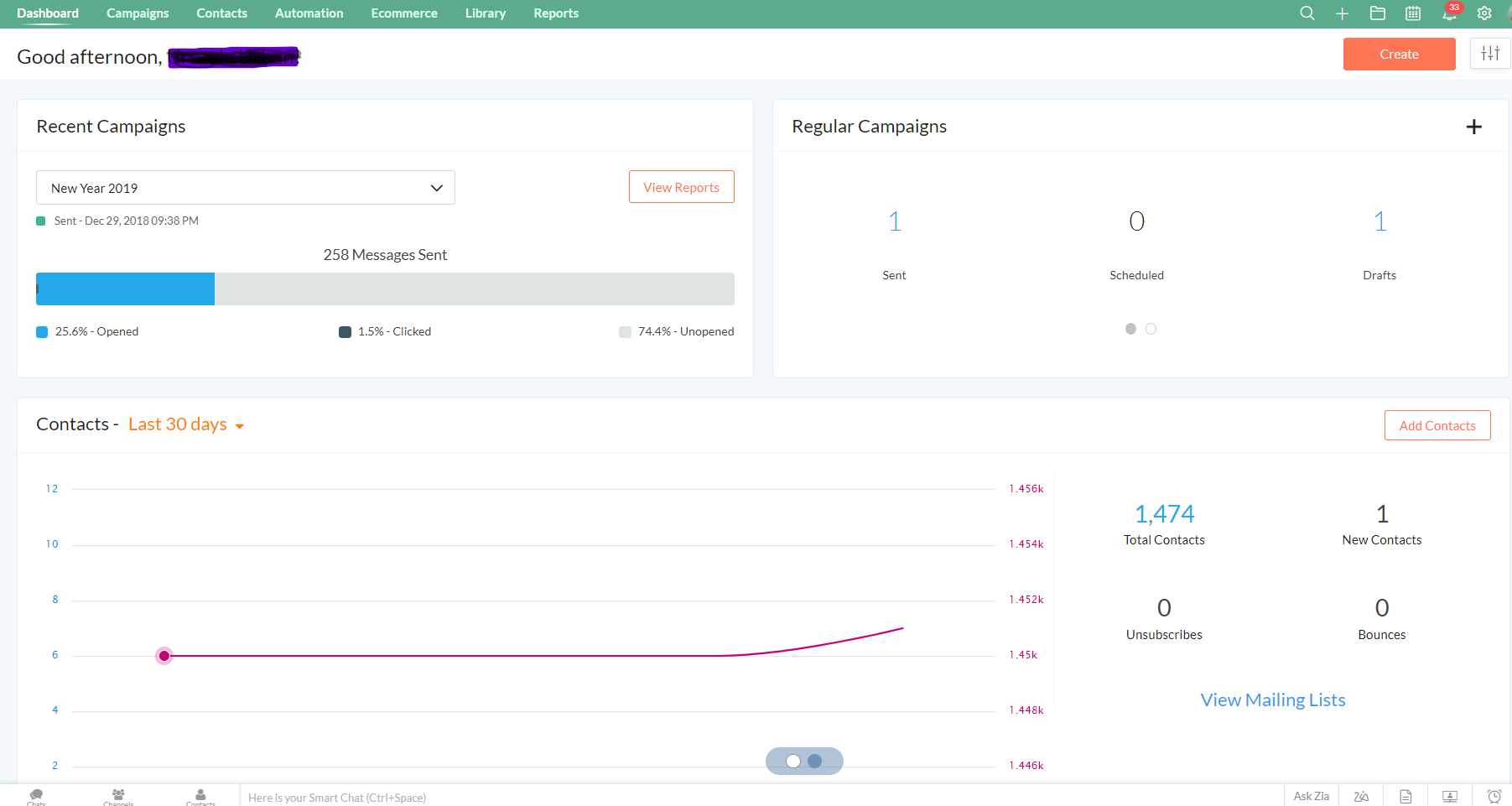
Cons of Using Zoho Campaigns
- Learning Curve:
-
- Cons: Zoho Campaigns can have a steeper learning curve, especially for users unfamiliar with Zoho’s ecosystem or advanced email marketing tools.
- Drawback: Getting fully accustomed to the platform may require more time and training.
- User Interface:
-
- Cons: Some users find Zoho Campaigns’ user interface less intuitive compared to Mailchimp’s more polished and user-friendly design.
- Drawback: This could impact the ease of use and overall user experience, particularly for beginners.
- Fewer Third-Party Integrations:
-
- Cons: While Zoho Campaigns integrates well within the Zoho ecosystem, it has fewer third-party integrations compared to Mailchimp.
- Drawback: Limited integration options might be a disadvantage if you rely heavily on various external tools and platforms.
- Template Variety and Design:
-
- Cons: Mailchimp offers a wider variety of templates and a more advanced drag-and-drop editor for email design,
- Drawback: Businesses looking for extensive design options and creativity might find Mailchimp’s offerings more appealing.
- Community and Support:
-
- Cons: Mailchimp has a larger user community and more extensive support resources, including tutorials, forums, and third-party guides.
- Drawback: The availability of community-driven support and extensive documentation can make troubleshooting and learning easier with Mailchimp.
Finally, we come to Zoho Campaigns’ main competitors. We have used all of them, and our customers have used and used other tools, like Freshmail or Klaviyo. Now, AI is coming to the plate, too.
We also support Agile CRM with its built-in email marketing section.
Main Competitors: Pros and Cons
1. Mailchimp
We have been a Mailchimp partner since 2019, so we know this platform well. It is also very well integrated with Zoho CRM via a built-in extension.
– Pros:
– User-friendly interface with a wide range of templates.
– Comprehensive free plan.
– Strong integrations with third-party apps.
– Cons:
– Higher costs for advanced features and more extensive lists.
– Limited automation capabilities on lower-tier plans.
2. Constant Contact
American non-government organizations mainly use this platform because it offers special low pricing and has excellent event management tools.
– Pros:
– Excellent customer support.
– Easy-to-use email editor.
– Good event marketing tools.
– Cons:
– Limited automation features.
– Higher pricing compared to competitors.
– Outdated interface design.
3. GetResponse
European customers use Getresponse. It has an excellent interface and is very similar to Mailchimp in its functionalities.
– Pros:
– Advanced automation and workflow capabilities.
– Integrated webinar tools.
– Strong landing page builder.
– Cons:
– The steeper learning curve for beginners.
– Higher pricing tiers for premium features.
– Limited integration options compared to Zoho Campaigns.
4. AWeber
AWeber is a veteran of email marketing. Most large companies use it.
– Pros:
– Simple and intuitive interface.
– Excellent customer support.
– Good range of email templates.
– Cons:
– Limited automation features.
– Higher pricing for advanced features.
– Fewer integrations compared to competitors.
5. ActiveCampaign
ActiveCampaign is a powerful tool for businesses looking to automate and optimize their email marketing and sales processes. It provides a highly personalized customer experience with CRM, automation, and many valuable features.
– Pros:
– Powerful automation and CRM features.
– Extensive segmentation options.
– High deliverability rates.
– Cons:
– Steeper learning curve.
– Higher pricing for smaller businesses.
– Overwhelming for users with basic needs.
While competitors like Mailchimp, Constant Contact, GetResponse, AWeber, and ActiveCampaign offer their unique advantages, Zoho Campaigns differentiates itself with its powerful workflows, extensive integrations, and affordability, making it a strong contender in the email marketing space.
Our other posts
 https://www.digideo.co/wp-content/uploads/2025/01/Top-trends-2025-Pinterest-Predicts-can-grow-your-business-2025-01-15-15-21-40.png
842
1663
Urszula Urban
https://www.digideo.co/wp-content/uploads/2023/06/digideo2019-340-1.jpg
Urszula Urban2025-02-28 17:55:512025-02-28 18:00:41Top Trends in ecommerce 2025
https://www.digideo.co/wp-content/uploads/2025/01/Top-trends-2025-Pinterest-Predicts-can-grow-your-business-2025-01-15-15-21-40.png
842
1663
Urszula Urban
https://www.digideo.co/wp-content/uploads/2023/06/digideo2019-340-1.jpg
Urszula Urban2025-02-28 17:55:512025-02-28 18:00:41Top Trends in ecommerce 2025 Digideo
DigideoWhat are the latest AI tools that can enhance ecommerce strategies
AI, business tools, e-commerce, strategy
The Future of E-commerce Platforms: What to Expect in the Next 5 Years
consulting, e-commerce, strategy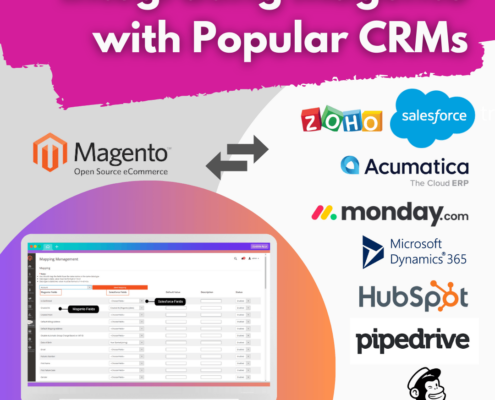 Digideo
https://www.digideo.co/wp-content/uploads/2024/12/Integrating-Magento-with-Popular-CRMs.png
1080
1080
Urszula Urban
https://www.digideo.co/wp-content/uploads/2023/06/digideo2019-340-1.jpg
Urszula Urban2024-12-10 19:46:302025-01-27 13:01:03Integrating Magento with Popular CRMs: A Step-by-Step Guide
Digideo
https://www.digideo.co/wp-content/uploads/2024/12/Integrating-Magento-with-Popular-CRMs.png
1080
1080
Urszula Urban
https://www.digideo.co/wp-content/uploads/2023/06/digideo2019-340-1.jpg
Urszula Urban2024-12-10 19:46:302025-01-27 13:01:03Integrating Magento with Popular CRMs: A Step-by-Step Guide Digideo
Digideo5 Fraud Detection AI Apps for E-commerce
AI, e-commerce, security, strategy Digideo
DigideoTurn prospects into profit
AI, consulting, consumer behaviour, CRM, marketing, marketing automation, SEM, social marketing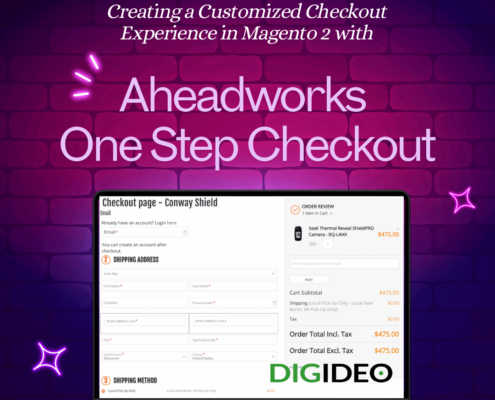 https://www.digideo.co/wp-content/uploads/2024/10/Magento-2-One-Step-Checkout-1.png
1080
1080
Urszula Urban
https://www.digideo.co/wp-content/uploads/2023/06/digideo2019-340-1.jpg
Urszula Urban2024-10-21 17:28:562025-02-28 16:08:07Checkout Plugin in Magento 2 with Aheadworks
https://www.digideo.co/wp-content/uploads/2024/10/Magento-2-One-Step-Checkout-1.png
1080
1080
Urszula Urban
https://www.digideo.co/wp-content/uploads/2023/06/digideo2019-340-1.jpg
Urszula Urban2024-10-21 17:28:562025-02-28 16:08:07Checkout Plugin in Magento 2 with Aheadworks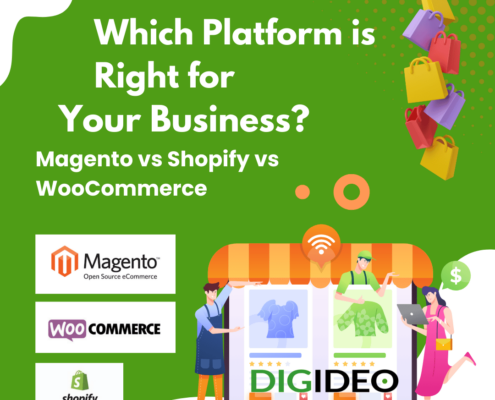 Digideo
https://www.digideo.co/wp-content/uploads/2024/09/Magento-vs-Shopify-vs-WooCommerce.png
1080
1080
Urszula Urban
https://www.digideo.co/wp-content/uploads/2023/06/digideo2019-340-1.jpg
Urszula Urban2024-10-16 14:49:572024-10-21 16:08:57Magento vs Shopify vs WooCommerce: Which Platform is Right for Your Business?
Digideo
https://www.digideo.co/wp-content/uploads/2024/09/Magento-vs-Shopify-vs-WooCommerce.png
1080
1080
Urszula Urban
https://www.digideo.co/wp-content/uploads/2023/06/digideo2019-340-1.jpg
Urszula Urban2024-10-16 14:49:572024-10-21 16:08:57Magento vs Shopify vs WooCommerce: Which Platform is Right for Your Business? Digideo
DigideoEnhancing eCommerce strategies through AI tools
AI, business tools, CRM, e-commerce, marketing automation, security, strategy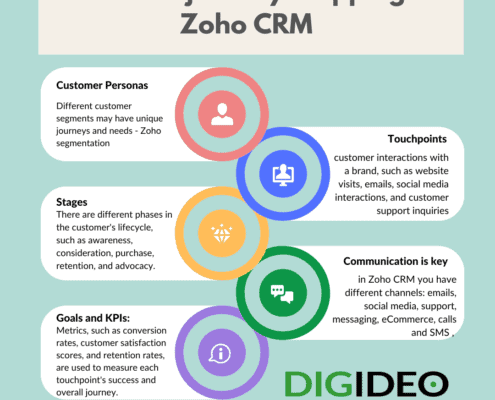 Digideo
DigideoCustomer journey mapping in Zoho CRM
consumer behaviour, CRM, strategy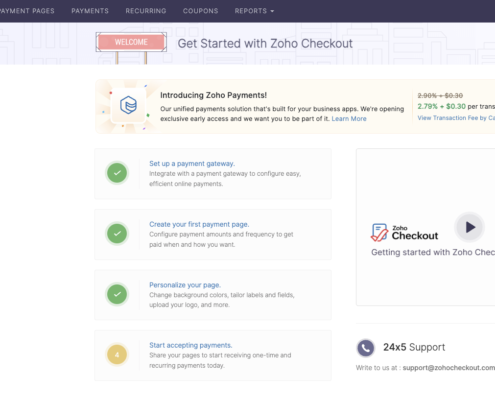
Streamline Your Payment Processes with Zoho Checkout: A Comprehensive Review
business tools, e-commerce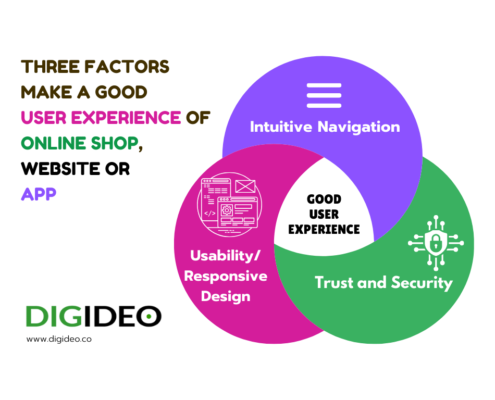 Digideo
DigideoWhat factors contribute to a good user experience in an online shop
consumer behaviour, e-commerce, SEO, usability, UX/UI design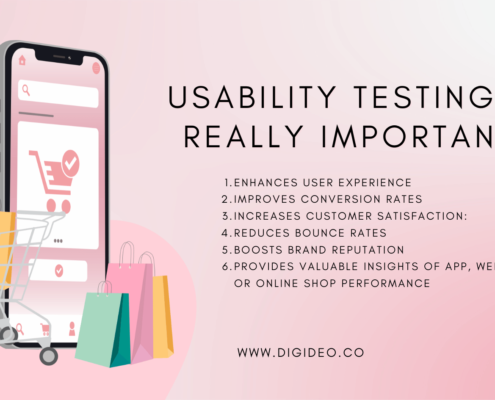 Digideo
https://www.digideo.co/wp-content/uploads/2024/07/Usability-testing-is-really-important.png
945
1680
Urszula Urban
https://www.digideo.co/wp-content/uploads/2023/06/digideo2019-340-1.jpg
Urszula Urban2024-07-07 12:02:482024-10-08 15:34:18Usability Testing is important
Digideo
https://www.digideo.co/wp-content/uploads/2024/07/Usability-testing-is-really-important.png
945
1680
Urszula Urban
https://www.digideo.co/wp-content/uploads/2023/06/digideo2019-340-1.jpg
Urszula Urban2024-07-07 12:02:482024-10-08 15:34:18Usability Testing is important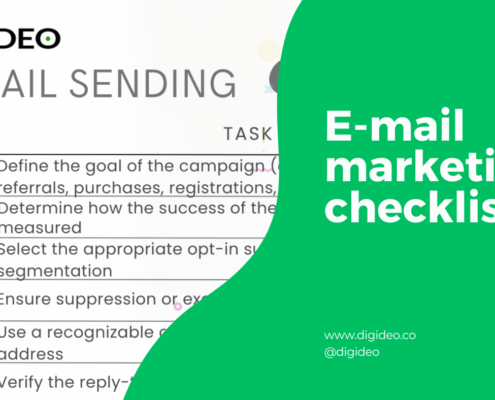 Digideo
https://www.digideo.co/wp-content/uploads/2024/06/E-mail-marketing-checklist-banner-new.png
788
1400
Urszula Urban
https://www.digideo.co/wp-content/uploads/2023/06/digideo2019-340-1.jpg
Urszula Urban2024-06-08 20:08:522024-11-05 19:30:41Email marketing checklist
Digideo
https://www.digideo.co/wp-content/uploads/2024/06/E-mail-marketing-checklist-banner-new.png
788
1400
Urszula Urban
https://www.digideo.co/wp-content/uploads/2023/06/digideo2019-340-1.jpg
Urszula Urban2024-06-08 20:08:522024-11-05 19:30:41Email marketing checklist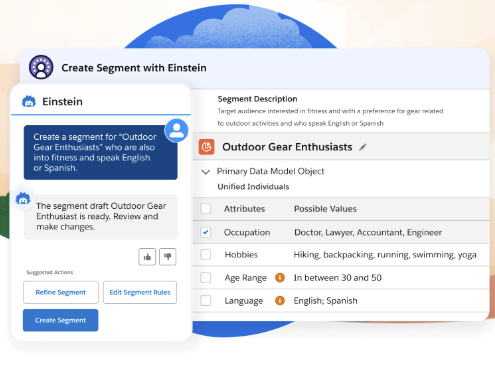 https://www.digideo.co/wp-content/uploads/2023/06/CRM-Automation-Solutions-Enhancing-Customer-Relationships-and-Sales.png
371
517
Urszula Urban
https://www.digideo.co/wp-content/uploads/2023/06/digideo2019-340-1.jpg
Urszula Urban2024-06-02 12:22:472024-10-08 16:53:38CRM Automation Solutions: Enhancing Customer Relationships and Sales
https://www.digideo.co/wp-content/uploads/2023/06/CRM-Automation-Solutions-Enhancing-Customer-Relationships-and-Sales.png
371
517
Urszula Urban
https://www.digideo.co/wp-content/uploads/2023/06/digideo2019-340-1.jpg
Urszula Urban2024-06-02 12:22:472024-10-08 16:53:38CRM Automation Solutions: Enhancing Customer Relationships and Sales Digideo
DigideoFuture Trends in CRM Automation – AI
AI, CRM, marketing automation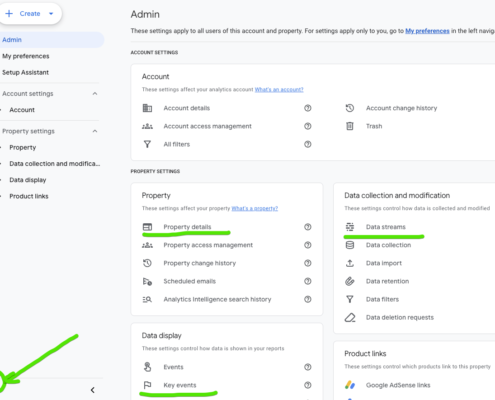
Google Analytics 4 multi-site tracking setup
marketing, SEM, SEOGoogle Analytics 4 Ecommerce measurement
e-commerce, SEM, SEO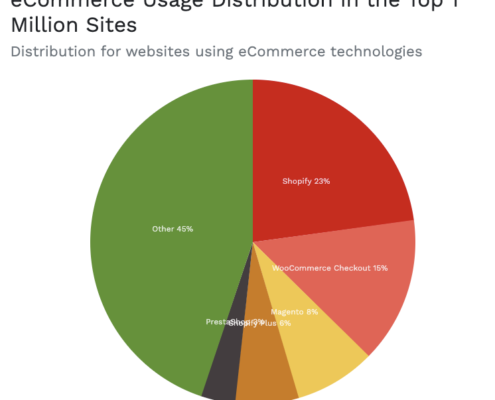
Ecommerce Statistics in 2024
e-commerce https://www.digideo.co/wp-content/uploads/2024/01/your-ecommerce-optimization-checklist.png
1080
1080
Urszula Urban
https://www.digideo.co/wp-content/uploads/2023/06/digideo2019-340-1.jpg
Urszula Urban2024-01-12 12:43:332025-01-27 13:08:32Your eCommerce optimization checklist
https://www.digideo.co/wp-content/uploads/2024/01/your-ecommerce-optimization-checklist.png
1080
1080
Urszula Urban
https://www.digideo.co/wp-content/uploads/2023/06/digideo2019-340-1.jpg
Urszula Urban2024-01-12 12:43:332025-01-27 13:08:32Your eCommerce optimization checklist https://www.digideo.co/wp-content/uploads/2019/06/What-Is-Instagram-Shopping.png
710
434
Urszula Urban
https://www.digideo.co/wp-content/uploads/2023/06/digideo2019-340-1.jpg
Urszula Urban2024-01-04 09:06:422025-01-24 11:58:17Ecommerce solutions 2024
https://www.digideo.co/wp-content/uploads/2019/06/What-Is-Instagram-Shopping.png
710
434
Urszula Urban
https://www.digideo.co/wp-content/uploads/2023/06/digideo2019-340-1.jpg
Urszula Urban2024-01-04 09:06:422025-01-24 11:58:17Ecommerce solutions 2024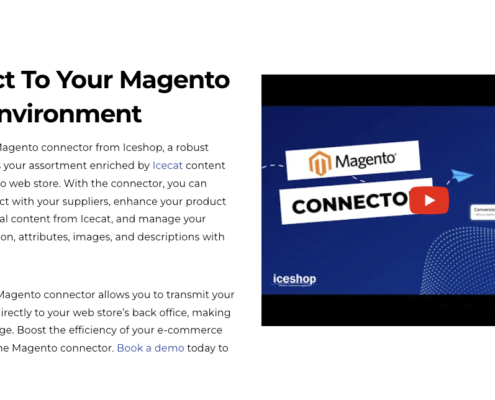
Icecat Extension for Magento 2: Easy Product Data Integration
business tools, e-commerce, strategy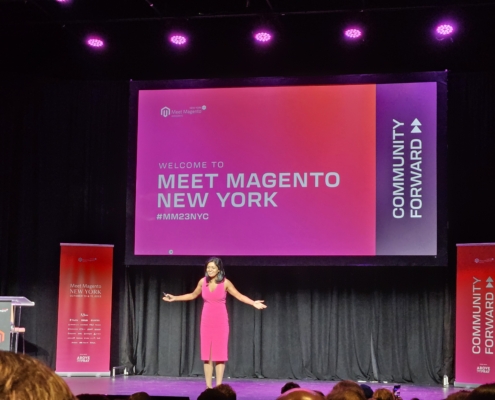 https://www.digideo.co/wp-content/uploads/2023/11/20231010_100930-scaled-e1698940192879.jpg
750
1000
Urszula Urban
https://www.digideo.co/wp-content/uploads/2023/06/digideo2019-340-1.jpg
Urszula Urban2023-11-02 15:08:522024-10-11 15:21:29Meet Magento NY 2023
https://www.digideo.co/wp-content/uploads/2023/11/20231010_100930-scaled-e1698940192879.jpg
750
1000
Urszula Urban
https://www.digideo.co/wp-content/uploads/2023/06/digideo2019-340-1.jpg
Urszula Urban2023-11-02 15:08:522024-10-11 15:21:29Meet Magento NY 2023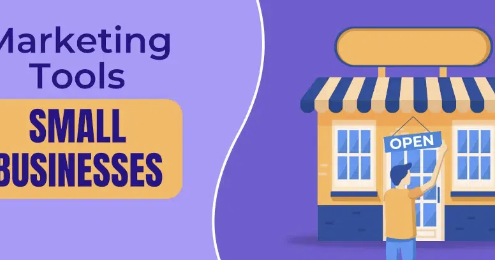 https://www.digideo.co/wp-content/uploads/2014/10/Marketing-Tools-for-Small-Business.png
260
621
Urszula Urban
https://www.digideo.co/wp-content/uploads/2023/06/digideo2019-340-1.jpg
Urszula Urban2023-10-22 11:20:062025-01-24 14:38:51What marketing tools work in small business
https://www.digideo.co/wp-content/uploads/2014/10/Marketing-Tools-for-Small-Business.png
260
621
Urszula Urban
https://www.digideo.co/wp-content/uploads/2023/06/digideo2019-340-1.jpg
Urszula Urban2023-10-22 11:20:062025-01-24 14:38:51What marketing tools work in small business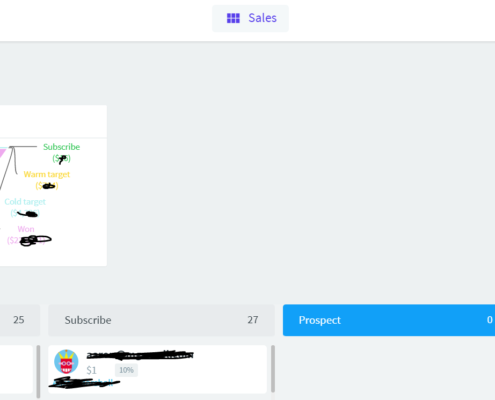 https://www.digideo.co/wp-content/uploads/2023/07/agilecrm.png
745
1878
Urszula Urban
https://www.digideo.co/wp-content/uploads/2023/06/digideo2019-340-1.jpg
Urszula Urban2023-08-28 22:33:252024-10-08 15:54:14Buying Marketing Automation tool
https://www.digideo.co/wp-content/uploads/2023/07/agilecrm.png
745
1878
Urszula Urban
https://www.digideo.co/wp-content/uploads/2023/06/digideo2019-340-1.jpg
Urszula Urban2023-08-28 22:33:252024-10-08 15:54:14Buying Marketing Automation tool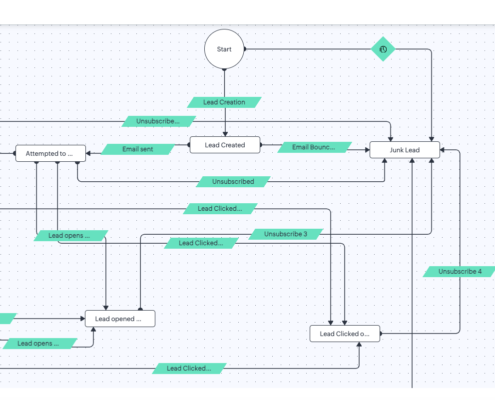
Helping small businesses to automate Customer Journeys in Zoho CRM
AI, consulting, CRM, e-commerce, marketing automation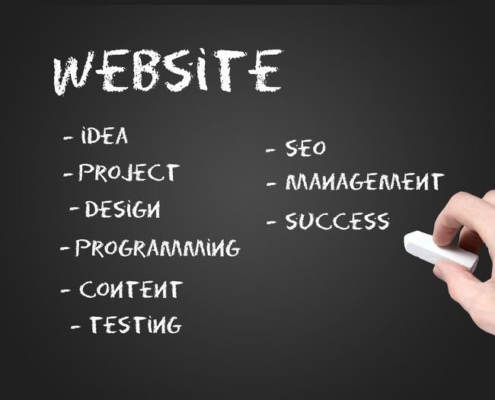 https://www.digideo.co/wp-content/uploads/2013/03/website700.jpg
525
700
Urszula Urban
https://www.digideo.co/wp-content/uploads/2023/06/digideo2019-340-1.jpg
Urszula Urban2023-06-03 11:41:272025-02-03 17:01:38How to create a successful website
https://www.digideo.co/wp-content/uploads/2013/03/website700.jpg
525
700
Urszula Urban
https://www.digideo.co/wp-content/uploads/2023/06/digideo2019-340-1.jpg
Urszula Urban2023-06-03 11:41:272025-02-03 17:01:38How to create a successful website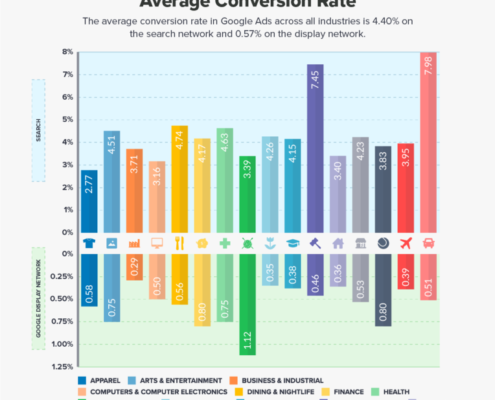 https://www.digideo.co/wp-content/uploads/2024/01/google-ads-conversion-rate-benchmarks_0.png
895
764
Urszula Urban
https://www.digideo.co/wp-content/uploads/2023/06/digideo2019-340-1.jpg
Urszula Urban2023-04-17 12:53:132024-10-11 15:21:35Most Important Ecommerce Metrics KPI
https://www.digideo.co/wp-content/uploads/2024/01/google-ads-conversion-rate-benchmarks_0.png
895
764
Urszula Urban
https://www.digideo.co/wp-content/uploads/2023/06/digideo2019-340-1.jpg
Urszula Urban2023-04-17 12:53:132024-10-11 15:21:35Most Important Ecommerce Metrics KPI
How to deliver an e-commerce project
e-commerce, project management Digideo
https://www.digideo.co/wp-content/uploads/2013/03/digital-marketing-banner-750.jpg
428
760
Urszula Urban
https://www.digideo.co/wp-content/uploads/2023/06/digideo2019-340-1.jpg
Urszula Urban2023-03-19 17:55:052025-02-03 16:57:24How to run Digital Marketing campaigns for eCommerce
Digideo
https://www.digideo.co/wp-content/uploads/2013/03/digital-marketing-banner-750.jpg
428
760
Urszula Urban
https://www.digideo.co/wp-content/uploads/2023/06/digideo2019-340-1.jpg
Urszula Urban2023-03-19 17:55:052025-02-03 16:57:24How to run Digital Marketing campaigns for eCommerce https://www.digideo.co/wp-content/uploads/2022/12/websites.jpg
300
300
Urszula Urban
https://www.digideo.co/wp-content/uploads/2023/06/digideo2019-340-1.jpg
Urszula Urban2022-12-07 08:51:012024-10-08 15:57:33What are Magento 2 basic requirements for hosting
https://www.digideo.co/wp-content/uploads/2022/12/websites.jpg
300
300
Urszula Urban
https://www.digideo.co/wp-content/uploads/2023/06/digideo2019-340-1.jpg
Urszula Urban2022-12-07 08:51:012024-10-08 15:57:33What are Magento 2 basic requirements for hosting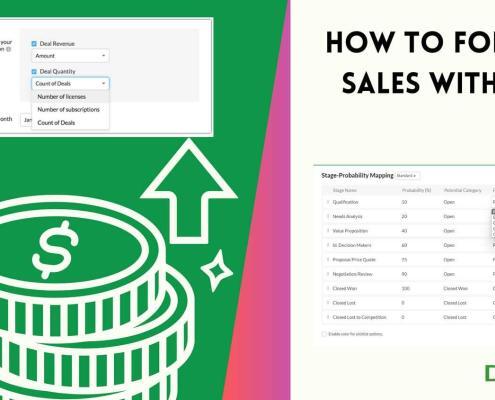 Digideo
https://www.digideo.co/wp-content/uploads/2022/12/How-To-Forecast-Sales-with-Zoho-CRM.jpg
844
1500
Urszula Urban
https://www.digideo.co/wp-content/uploads/2023/06/digideo2019-340-1.jpg
Urszula Urban2022-12-01 08:04:392024-10-11 15:21:38How to forecast sales with Zoho CRM
Digideo
https://www.digideo.co/wp-content/uploads/2022/12/How-To-Forecast-Sales-with-Zoho-CRM.jpg
844
1500
Urszula Urban
https://www.digideo.co/wp-content/uploads/2023/06/digideo2019-340-1.jpg
Urszula Urban2022-12-01 08:04:392024-10-11 15:21:38How to forecast sales with Zoho CRM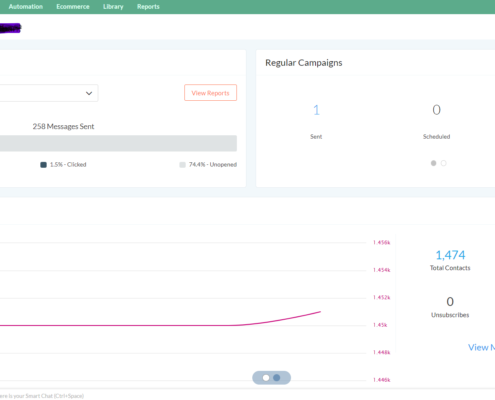 Digideo
DigideoZoho Campaigns vs. The Competition: A Comprehensive Analysis of Email Marketing Platforms
business tools, CRM, marketing automation, strategy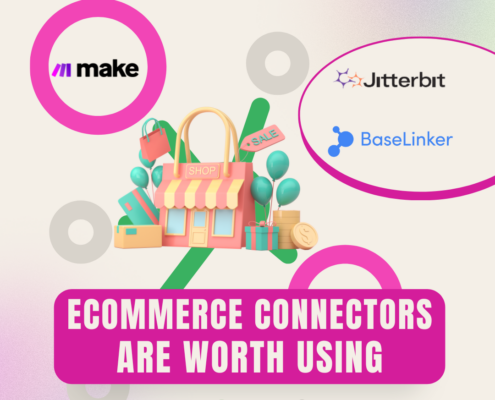 https://www.digideo.co/wp-content/uploads/2022/06/eCommerce-Connectors-are-worth-using.png
1080
1080
Urszula Urban
https://www.digideo.co/wp-content/uploads/2023/06/digideo2019-340-1.jpg
Urszula Urban2022-06-30 09:55:452024-10-28 19:00:38eCommerce Connectors are worth using for business automation
https://www.digideo.co/wp-content/uploads/2022/06/eCommerce-Connectors-are-worth-using.png
1080
1080
Urszula Urban
https://www.digideo.co/wp-content/uploads/2023/06/digideo2019-340-1.jpg
Urszula Urban2022-06-30 09:55:452024-10-28 19:00:38eCommerce Connectors are worth using for business automation https://www.digideo.co/wp-content/uploads/2013/04/island.jpg
667
500
Urszula Urban
https://www.digideo.co/wp-content/uploads/2023/06/digideo2019-340-1.jpg
Urszula Urban2022-03-20 13:02:472024-10-11 15:21:41Why we forget about a regular landscape and competitors’ assessment
https://www.digideo.co/wp-content/uploads/2013/04/island.jpg
667
500
Urszula Urban
https://www.digideo.co/wp-content/uploads/2023/06/digideo2019-340-1.jpg
Urszula Urban2022-03-20 13:02:472024-10-11 15:21:41Why we forget about a regular landscape and competitors’ assessment
Marketing strategy in eCommerce 2022
business tools, consulting, consumer behaviour, e-commerce, strategy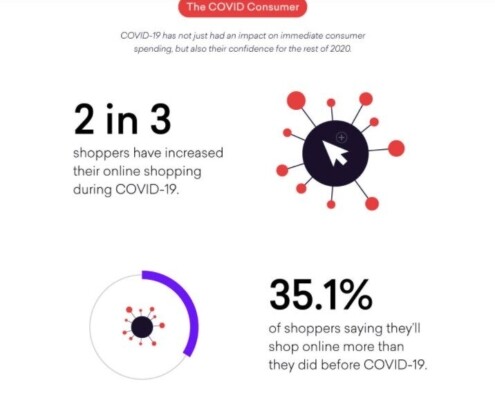 https://www.digideo.co/wp-content/uploads/2012/11/Qubit-Consumer-Christmas-2021-Infographic-PR-1.png-e1704299333446.jpg
597
716
Urszula Urban
https://www.digideo.co/wp-content/uploads/2023/06/digideo2019-340-1.jpg
Urszula Urban2021-11-30 18:37:192024-10-11 15:21:43online shop advertising – how to get started?
https://www.digideo.co/wp-content/uploads/2012/11/Qubit-Consumer-Christmas-2021-Infographic-PR-1.png-e1704299333446.jpg
597
716
Urszula Urban
https://www.digideo.co/wp-content/uploads/2023/06/digideo2019-340-1.jpg
Urszula Urban2021-11-30 18:37:192024-10-11 15:21:43online shop advertising – how to get started?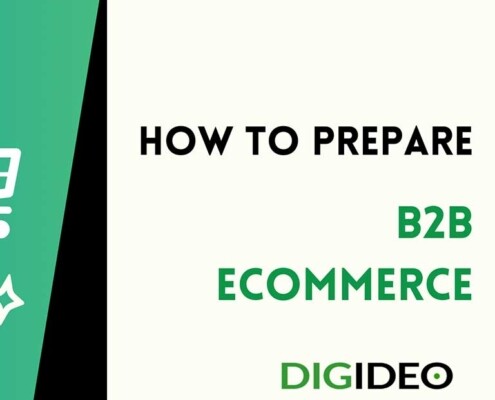 Digideo
https://www.digideo.co/wp-content/uploads/2021/05/How-to-prepare-B2B-eCommerce-square.jpg
768
768
Urszula Urban
https://www.digideo.co/wp-content/uploads/2023/06/digideo2019-340-1.jpg
Urszula Urban2021-05-18 10:34:202025-02-03 16:47:37How to prepare B2B eCommerce
Digideo
https://www.digideo.co/wp-content/uploads/2021/05/How-to-prepare-B2B-eCommerce-square.jpg
768
768
Urszula Urban
https://www.digideo.co/wp-content/uploads/2023/06/digideo2019-340-1.jpg
Urszula Urban2021-05-18 10:34:202025-02-03 16:47:37How to prepare B2B eCommerce https://www.digideo.co/wp-content/uploads/2021/05/Multichannel-Ecommerce.jpg
768
1024
Urszula Urban
https://www.digideo.co/wp-content/uploads/2023/06/digideo2019-340-1.jpg
Urszula Urban2021-01-20 07:18:562025-02-03 16:42:35Are Your eCommerce Marketing Channels efficient?
https://www.digideo.co/wp-content/uploads/2021/05/Multichannel-Ecommerce.jpg
768
1024
Urszula Urban
https://www.digideo.co/wp-content/uploads/2023/06/digideo2019-340-1.jpg
Urszula Urban2021-01-20 07:18:562025-02-03 16:42:35Are Your eCommerce Marketing Channels efficient?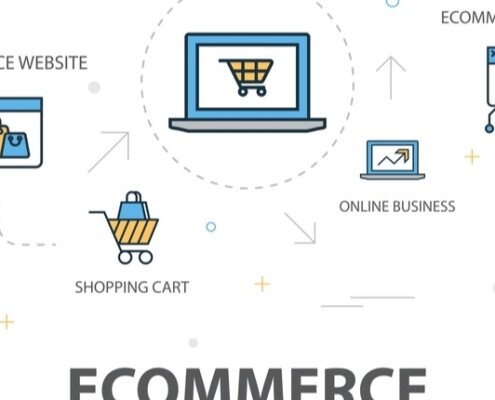 Digideo
https://www.digideo.co/wp-content/uploads/2024/01/ecommerce-1024x430-1.jpg
430
1024
Urszula Urban
https://www.digideo.co/wp-content/uploads/2023/06/digideo2019-340-1.jpg
Urszula Urban2021-01-11 13:42:172025-03-18 13:56:50How do people buy online in 2021?
Digideo
https://www.digideo.co/wp-content/uploads/2024/01/ecommerce-1024x430-1.jpg
430
1024
Urszula Urban
https://www.digideo.co/wp-content/uploads/2023/06/digideo2019-340-1.jpg
Urszula Urban2021-01-11 13:42:172025-03-18 13:56:50How do people buy online in 2021?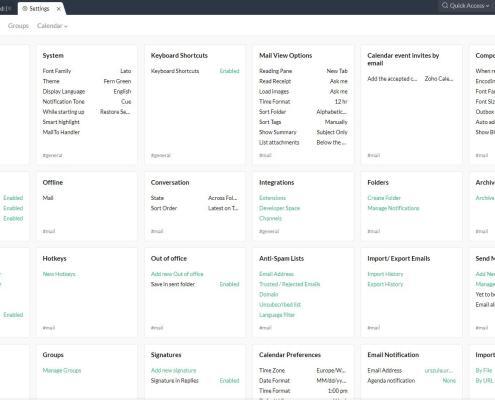 https://www.digideo.co/wp-content/uploads/2020/12/Zoho-email.jpg
942
1555
Urszula Urban
https://www.digideo.co/wp-content/uploads/2023/06/digideo2019-340-1.jpg
Urszula Urban2020-12-07 10:09:222025-02-03 16:40:33Why my 5 customers switched to Zoho Mail
https://www.digideo.co/wp-content/uploads/2020/12/Zoho-email.jpg
942
1555
Urszula Urban
https://www.digideo.co/wp-content/uploads/2023/06/digideo2019-340-1.jpg
Urszula Urban2020-12-07 10:09:222025-02-03 16:40:33Why my 5 customers switched to Zoho Mail
How to switch to virtual firm and remote teams successfully?
business tools, project management, strategy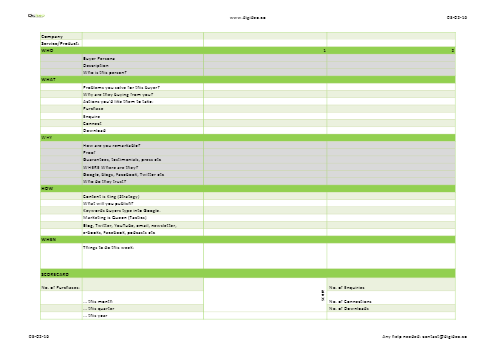 https://www.digideo.co/wp-content/uploads/2024/01/ecommerce-marketing-plan-1.png
353
500
Urszula Urban
https://www.digideo.co/wp-content/uploads/2023/06/digideo2019-340-1.jpg
Urszula Urban2020-10-03 20:21:432024-10-30 10:41:45Easy steps to implement an eCommerce marketing plan
https://www.digideo.co/wp-content/uploads/2024/01/ecommerce-marketing-plan-1.png
353
500
Urszula Urban
https://www.digideo.co/wp-content/uploads/2023/06/digideo2019-340-1.jpg
Urszula Urban2020-10-03 20:21:432024-10-30 10:41:45Easy steps to implement an eCommerce marketing plan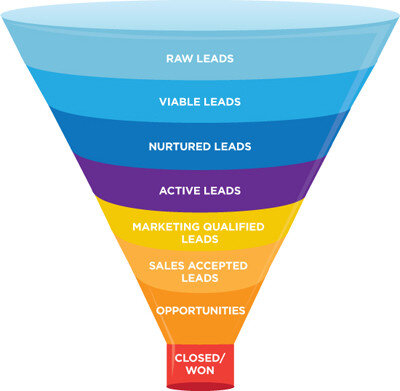 https://www.digideo.co/wp-content/uploads/2023/07/prospects-funnels.jpg
391
400
Urszula Urban
https://www.digideo.co/wp-content/uploads/2023/06/digideo2019-340-1.jpg
Urszula Urban2020-09-10 06:43:392025-02-03 16:35:49How do you prepare yourself for marketing automation?
https://www.digideo.co/wp-content/uploads/2023/07/prospects-funnels.jpg
391
400
Urszula Urban
https://www.digideo.co/wp-content/uploads/2023/06/digideo2019-340-1.jpg
Urszula Urban2020-09-10 06:43:392025-02-03 16:35:49How do you prepare yourself for marketing automation? https://www.digideo.co/wp-content/uploads/2011/11/emarketing-campaigns-small.jpg
333
500
Urszula Urban
https://www.digideo.co/wp-content/uploads/2023/06/digideo2019-340-1.jpg
Urszula Urban2020-09-03 12:10:322025-02-03 16:27:38Consumer word-of-mouth in eCommerce
https://www.digideo.co/wp-content/uploads/2011/11/emarketing-campaigns-small.jpg
333
500
Urszula Urban
https://www.digideo.co/wp-content/uploads/2023/06/digideo2019-340-1.jpg
Urszula Urban2020-09-03 12:10:322025-02-03 16:27:38Consumer word-of-mouth in eCommerce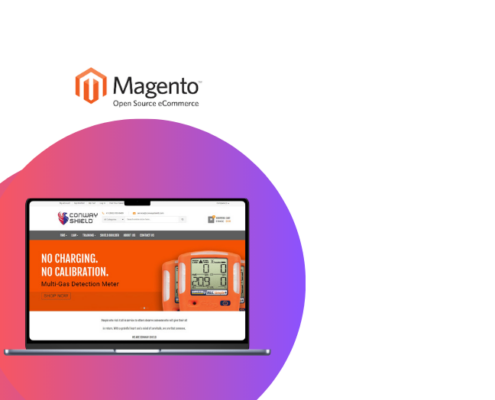 Digideo
https://www.digideo.co/wp-content/uploads/2025/01/Magento-2-1.png
524
807
Urszula Urban
https://www.digideo.co/wp-content/uploads/2023/06/digideo2019-340-1.jpg
Urszula Urban2020-07-22 07:50:112025-02-03 16:23:04Magento Open Source Release Calendar 2020-2021
Digideo
https://www.digideo.co/wp-content/uploads/2025/01/Magento-2-1.png
524
807
Urszula Urban
https://www.digideo.co/wp-content/uploads/2023/06/digideo2019-340-1.jpg
Urszula Urban2020-07-22 07:50:112025-02-03 16:23:04Magento Open Source Release Calendar 2020-2021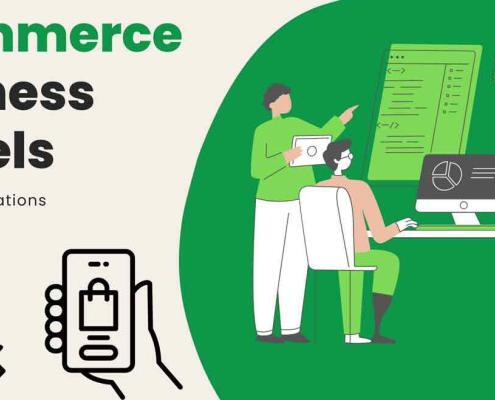 Digideo
https://www.digideo.co/wp-content/uploads/2020/07/eCommerce-business-models1500.jpg
658
1500
Urszula Urban
https://www.digideo.co/wp-content/uploads/2023/06/digideo2019-340-1.jpg
Urszula Urban2020-07-21 17:40:572024-10-11 15:22:31eCommerce business models change organizations
Digideo
https://www.digideo.co/wp-content/uploads/2020/07/eCommerce-business-models1500.jpg
658
1500
Urszula Urban
https://www.digideo.co/wp-content/uploads/2023/06/digideo2019-340-1.jpg
Urszula Urban2020-07-21 17:40:572024-10-11 15:22:31eCommerce business models change organizations https://www.digideo.co/wp-content/uploads/2020/06/parcel-delivery-lockers.jpg
450
800
Urszula Urban
https://www.digideo.co/wp-content/uploads/2023/06/digideo2019-340-1.jpg
Urszula Urban2020-06-22 08:04:482025-02-03 16:19:31Is a last mile delivery important in eCommerce?
https://www.digideo.co/wp-content/uploads/2020/06/parcel-delivery-lockers.jpg
450
800
Urszula Urban
https://www.digideo.co/wp-content/uploads/2023/06/digideo2019-340-1.jpg
Urszula Urban2020-06-22 08:04:482025-02-03 16:19:31Is a last mile delivery important in eCommerce?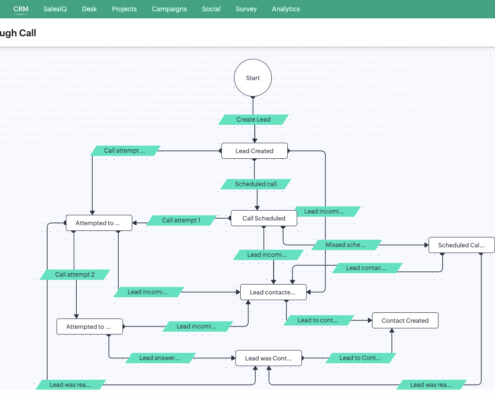 https://www.digideo.co/wp-content/uploads/2023/07/Qalify-Leads-through-Call-Setup-Page-Zoho-CRM-2023-07-31-15-19-26.png
849
1461
Urszula Urban
https://www.digideo.co/wp-content/uploads/2023/06/digideo2019-340-1.jpg
Urszula Urban2020-05-21 04:42:462024-10-11 15:22:34Lead qualification B2B in Zoho CRM
https://www.digideo.co/wp-content/uploads/2023/07/Qalify-Leads-through-Call-Setup-Page-Zoho-CRM-2023-07-31-15-19-26.png
849
1461
Urszula Urban
https://www.digideo.co/wp-content/uploads/2023/06/digideo2019-340-1.jpg
Urszula Urban2020-05-21 04:42:462024-10-11 15:22:34Lead qualification B2B in Zoho CRM Digideo
DigideoTypical ecommerce faqs
AI, business tools, consulting, consumer behaviour, CRM, e-commerce, marketing, marketing automation, security, SEM, social marketing, strategy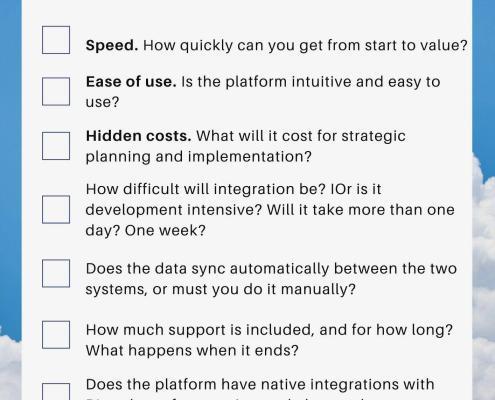 https://www.digideo.co/wp-content/uploads/2020/04/Blue-and-White-Striped-Checklist-2.jpg
2000
1414
Urszula Urban
https://www.digideo.co/wp-content/uploads/2023/06/digideo2019-340-1.jpg
Urszula Urban2020-04-26 13:10:142024-10-11 15:22:38Your Marketing Automation Checklist
https://www.digideo.co/wp-content/uploads/2020/04/Blue-and-White-Striped-Checklist-2.jpg
2000
1414
Urszula Urban
https://www.digideo.co/wp-content/uploads/2023/06/digideo2019-340-1.jpg
Urszula Urban2020-04-26 13:10:142024-10-11 15:22:38Your Marketing Automation Checklist https://www.digideo.co/wp-content/uploads/2013/04/consumer.jpg
261
481
Urszula Urban
https://www.digideo.co/wp-content/uploads/2023/06/digideo2019-340-1.jpg
Urszula Urban2020-04-08 16:45:092025-02-13 13:12:01Social media strategy and customer
https://www.digideo.co/wp-content/uploads/2013/04/consumer.jpg
261
481
Urszula Urban
https://www.digideo.co/wp-content/uploads/2023/06/digideo2019-340-1.jpg
Urszula Urban2020-04-08 16:45:092025-02-13 13:12:01Social media strategy and customer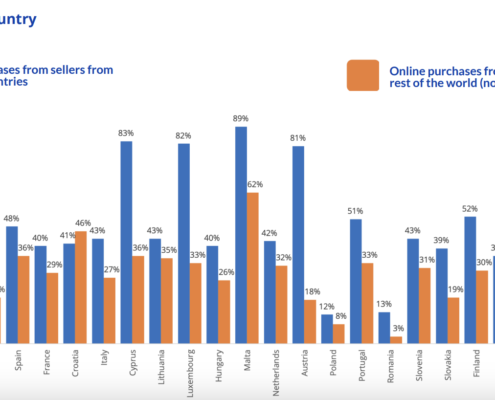 https://www.digideo.co/wp-content/uploads/2020/02/European_Ecommerce_report_2019_freeFinal-version.pdf-2024-01-25-16-06-19.png
818
1956
Urszula Urban
https://www.digideo.co/wp-content/uploads/2023/06/digideo2019-340-1.jpg
Urszula Urban2020-02-27 04:55:052024-01-25 15:12:42The European Ecommerce Report 2019
https://www.digideo.co/wp-content/uploads/2020/02/European_Ecommerce_report_2019_freeFinal-version.pdf-2024-01-25-16-06-19.png
818
1956
Urszula Urban
https://www.digideo.co/wp-content/uploads/2023/06/digideo2019-340-1.jpg
Urszula Urban2020-02-27 04:55:052024-01-25 15:12:42The European Ecommerce Report 2019 https://www.digideo.co/wp-content/uploads/2017/02/banner-cc.jpg
750
1500
Urszula Urban
https://www.digideo.co/wp-content/uploads/2023/06/digideo2019-340-1.jpg
Urszula Urban2020-01-22 11:59:592025-02-03 14:55:42The next new wave of eCommerce innovation
https://www.digideo.co/wp-content/uploads/2017/02/banner-cc.jpg
750
1500
Urszula Urban
https://www.digideo.co/wp-content/uploads/2023/06/digideo2019-340-1.jpg
Urszula Urban2020-01-22 11:59:592025-02-03 14:55:42The next new wave of eCommerce innovation Digideo
Digideo3D Secure payment to European customers
e-commerce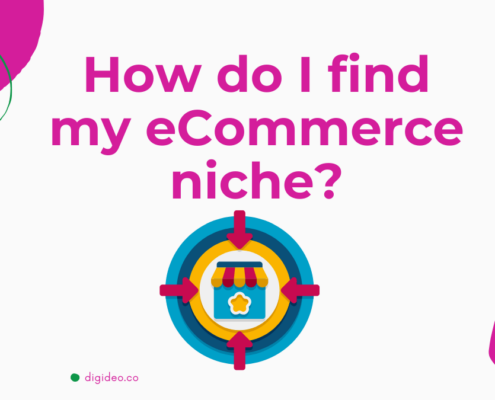 Digideo
https://www.digideo.co/wp-content/uploads/2019/02/How-do-I-find-my-ecommerce-niche-banner.png
675
1200
Urszula Urban
https://www.digideo.co/wp-content/uploads/2023/06/digideo2019-340-1.jpg
Urszula Urban2019-02-26 19:00:062025-02-24 13:27:42How do I find my ecommerce niche?
Digideo
https://www.digideo.co/wp-content/uploads/2019/02/How-do-I-find-my-ecommerce-niche-banner.png
675
1200
Urszula Urban
https://www.digideo.co/wp-content/uploads/2023/06/digideo2019-340-1.jpg
Urszula Urban2019-02-26 19:00:062025-02-24 13:27:42How do I find my ecommerce niche?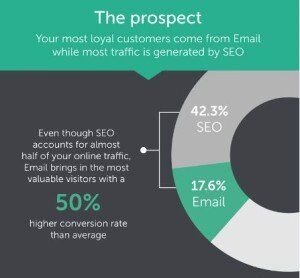
Why the personalization in the online shopping matters?
business tools, consumer behaviour, e-commerce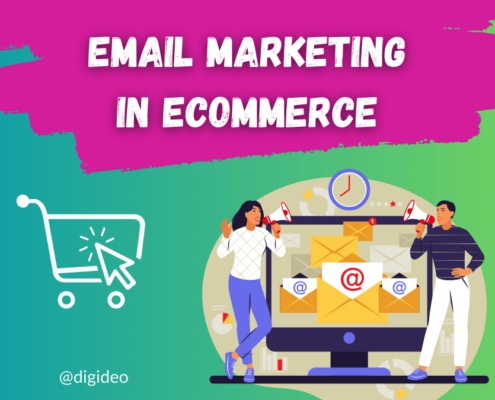 Digideo
DigideoEmail Marketing in eCommerce: personalization wins the game
e-commerce, marketing, marketing automation, SEM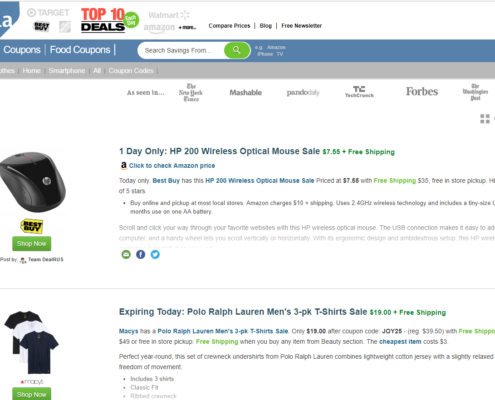 https://www.digideo.co/wp-content/uploads/2018/12/buy-via.png
882
1461
Urszula Urban
https://www.digideo.co/wp-content/uploads/2023/06/digideo2019-340-1.jpg
Urszula Urban2018-12-08 15:41:362024-04-04 11:51:44when website sales dropped – boost your sales
https://www.digideo.co/wp-content/uploads/2018/12/buy-via.png
882
1461
Urszula Urban
https://www.digideo.co/wp-content/uploads/2023/06/digideo2019-340-1.jpg
Urszula Urban2018-12-08 15:41:362024-04-04 11:51:44when website sales dropped – boost your sales https://www.digideo.co/wp-content/uploads/2015/07/portfolio-9.jpg
570
800
Urszula Urban
https://www.digideo.co/wp-content/uploads/2023/06/digideo2019-340-1.jpg
Urszula Urban2018-12-02 14:57:552025-01-24 13:39:19User experience strategy
https://www.digideo.co/wp-content/uploads/2015/07/portfolio-9.jpg
570
800
Urszula Urban
https://www.digideo.co/wp-content/uploads/2023/06/digideo2019-340-1.jpg
Urszula Urban2018-12-02 14:57:552025-01-24 13:39:19User experience strategy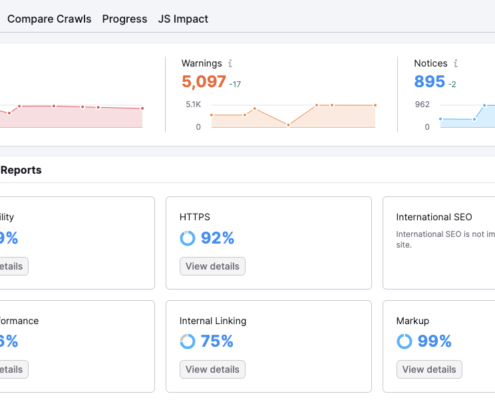 https://www.digideo.co/wp-content/uploads/2024/01/Google-Analytics-4-audit-.png
601
1496
Urszula Urban
https://www.digideo.co/wp-content/uploads/2023/06/digideo2019-340-1.jpg
Urszula Urban2018-11-01 10:58:242024-10-11 15:22:49Why does your eCommerce business need an expert optimization audit
https://www.digideo.co/wp-content/uploads/2024/01/Google-Analytics-4-audit-.png
601
1496
Urszula Urban
https://www.digideo.co/wp-content/uploads/2023/06/digideo2019-340-1.jpg
Urszula Urban2018-11-01 10:58:242024-10-11 15:22:49Why does your eCommerce business need an expert optimization audit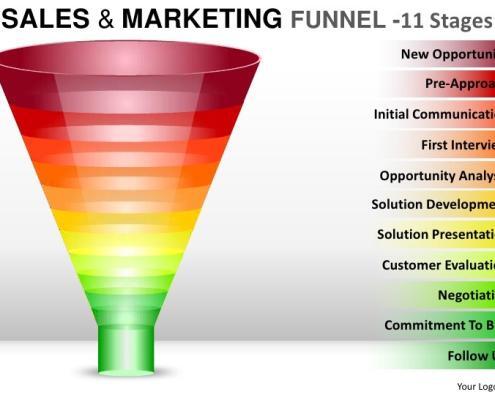
Drip Marketing or Marketing Automation: Strategies, Setup, and Best Practices for B2B Businesses
CRM, marketing, marketing automation, strategy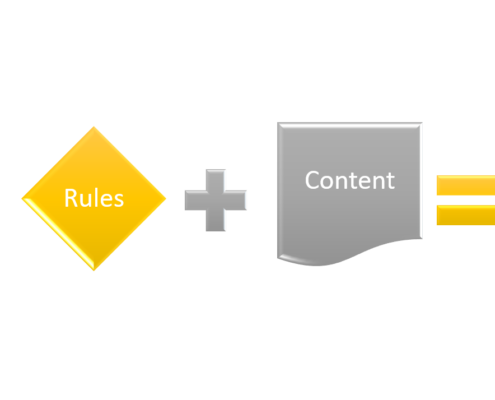 https://www.digideo.co/wp-content/uploads/2024/01/marketing-automation.png
714
1728
Urszula Urban
https://www.digideo.co/wp-content/uploads/2023/06/digideo2019-340-1.jpg
Urszula Urban2018-08-06 11:15:522024-10-11 15:22:52Marketing automation tactics in B2B companies
https://www.digideo.co/wp-content/uploads/2024/01/marketing-automation.png
714
1728
Urszula Urban
https://www.digideo.co/wp-content/uploads/2023/06/digideo2019-340-1.jpg
Urszula Urban2018-08-06 11:15:522024-10-11 15:22:52Marketing automation tactics in B2B companies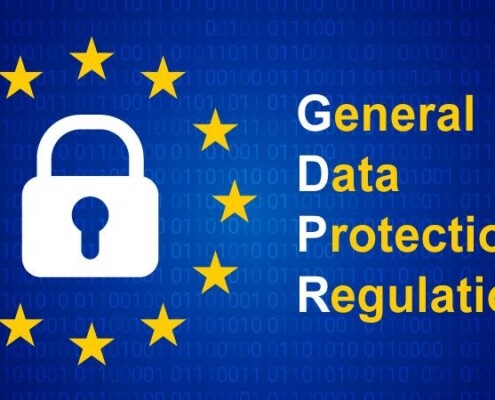 https://www.digideo.co/wp-content/uploads/2018/05/gdpr-logo.jpeg
450
800
Urszula Urban
https://www.digideo.co/wp-content/uploads/2023/06/digideo2019-340-1.jpg
Urszula Urban2018-05-28 10:00:562024-10-11 15:22:54GDPR checklist points
https://www.digideo.co/wp-content/uploads/2018/05/gdpr-logo.jpeg
450
800
Urszula Urban
https://www.digideo.co/wp-content/uploads/2023/06/digideo2019-340-1.jpg
Urszula Urban2018-05-28 10:00:562024-10-11 15:22:54GDPR checklist points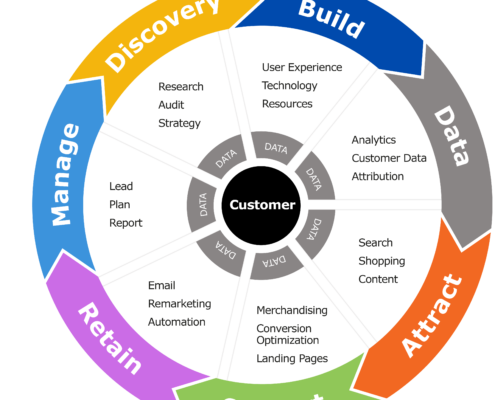 https://www.digideo.co/wp-content/uploads/2018/05/ecommerce-tactics-for-B2B-e1713806306382.png
950
1000
Urszula Urban
https://www.digideo.co/wp-content/uploads/2023/06/digideo2019-340-1.jpg
Urszula Urban2018-05-10 06:21:012024-04-22 17:21:23Using e-Commerce tactics to attract B2B customers
https://www.digideo.co/wp-content/uploads/2018/05/ecommerce-tactics-for-B2B-e1713806306382.png
950
1000
Urszula Urban
https://www.digideo.co/wp-content/uploads/2023/06/digideo2019-340-1.jpg
Urszula Urban2018-05-10 06:21:012024-04-22 17:21:23Using e-Commerce tactics to attract B2B customers https://www.digideo.co/wp-content/uploads/2024/01/onlinepayment.jpg
1080
1920
Urszula Urban
https://www.digideo.co/wp-content/uploads/2023/06/digideo2019-340-1.jpg
Urszula Urban2018-04-18 09:29:182024-07-17 17:18:28How to find the right payment services for your small business
https://www.digideo.co/wp-content/uploads/2024/01/onlinepayment.jpg
1080
1920
Urszula Urban
https://www.digideo.co/wp-content/uploads/2023/06/digideo2019-340-1.jpg
Urszula Urban2018-04-18 09:29:182024-07-17 17:18:28How to find the right payment services for your small business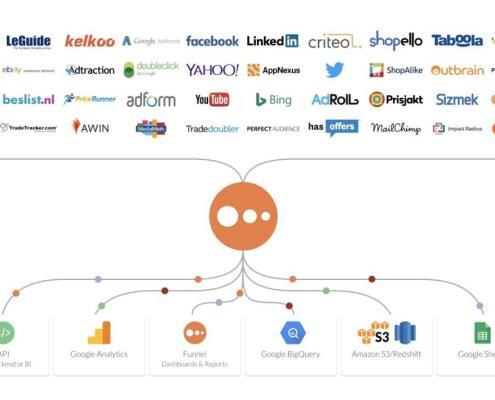 https://www.digideo.co/wp-content/uploads/2018/02/ecommerce-news-funnel.io_.jpeg
720
1280
Urszula Urban
https://www.digideo.co/wp-content/uploads/2023/06/digideo2019-340-1.jpg
Urszula Urban2018-02-08 12:34:392024-04-22 17:27:09eCommerce News February 2018 by Digideo
https://www.digideo.co/wp-content/uploads/2018/02/ecommerce-news-funnel.io_.jpeg
720
1280
Urszula Urban
https://www.digideo.co/wp-content/uploads/2023/06/digideo2019-340-1.jpg
Urszula Urban2018-02-08 12:34:392024-04-22 17:27:09eCommerce News February 2018 by Digideo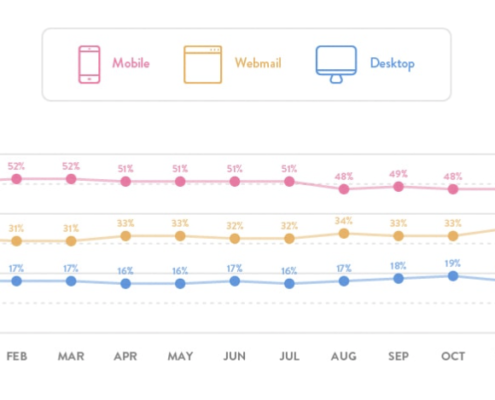 https://www.digideo.co/wp-content/uploads/2018/02/2017-Email-Client-Market-Share.png
469
846
Urszula Urban
https://www.digideo.co/wp-content/uploads/2023/06/digideo2019-340-1.jpg
Urszula Urban2018-02-06 11:00:582024-10-11 15:22:55Email marketing statistics
https://www.digideo.co/wp-content/uploads/2018/02/2017-Email-Client-Market-Share.png
469
846
Urszula Urban
https://www.digideo.co/wp-content/uploads/2023/06/digideo2019-340-1.jpg
Urszula Urban2018-02-06 11:00:582024-10-11 15:22:55Email marketing statistics https://www.digideo.co/wp-content/uploads/2018/01/Instagram-Sales.png
483
718
Urszula Urban
https://www.digideo.co/wp-content/uploads/2023/06/digideo2019-340-1.jpg
Urszula Urban2018-01-19 13:55:002024-04-22 17:43:58Instagram sales are possible
https://www.digideo.co/wp-content/uploads/2018/01/Instagram-Sales.png
483
718
Urszula Urban
https://www.digideo.co/wp-content/uploads/2023/06/digideo2019-340-1.jpg
Urszula Urban2018-01-19 13:55:002024-04-22 17:43:58Instagram sales are possible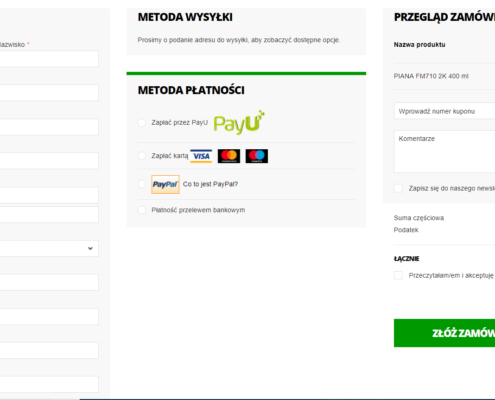 https://www.digideo.co/wp-content/uploads/layerslider/projects/Sokolka-okna-i-drzwi/sokolka-shop-checkout-2.png
863
1622
Urszula Urban
https://www.digideo.co/wp-content/uploads/2023/06/digideo2019-340-1.jpg
Urszula Urban2018-01-19 06:56:122024-10-11 15:22:57Your eCommerce Checkout Optimization Checklist
https://www.digideo.co/wp-content/uploads/layerslider/projects/Sokolka-okna-i-drzwi/sokolka-shop-checkout-2.png
863
1622
Urszula Urban
https://www.digideo.co/wp-content/uploads/2023/06/digideo2019-340-1.jpg
Urszula Urban2018-01-19 06:56:122024-10-11 15:22:57Your eCommerce Checkout Optimization Checklist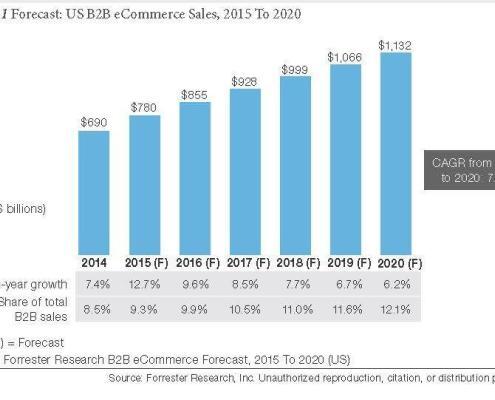 https://www.digideo.co/wp-content/uploads/2021/05/B2B-e-commerce-trends-2020.jpg
541
830
Urszula Urban
https://www.digideo.co/wp-content/uploads/2023/06/digideo2019-340-1.jpg
Urszula Urban2018-01-14 18:20:342024-10-11 15:22:59E-Commerce Trends in 2018
https://www.digideo.co/wp-content/uploads/2021/05/B2B-e-commerce-trends-2020.jpg
541
830
Urszula Urban
https://www.digideo.co/wp-content/uploads/2023/06/digideo2019-340-1.jpg
Urszula Urban2018-01-14 18:20:342024-10-11 15:22:59E-Commerce Trends in 2018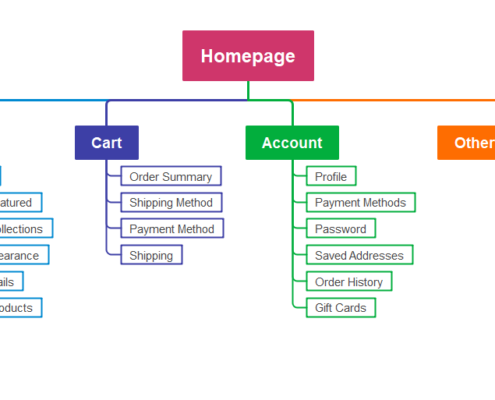 https://www.digideo.co/wp-content/uploads/2018/01/ecommerce-sitemap-template.png
513
999
Urszula Urban
https://www.digideo.co/wp-content/uploads/2023/06/digideo2019-340-1.jpg
Urszula Urban2018-01-03 08:49:312024-07-30 12:20:36Why eCommerce Sitemap is important
https://www.digideo.co/wp-content/uploads/2018/01/ecommerce-sitemap-template.png
513
999
Urszula Urban
https://www.digideo.co/wp-content/uploads/2023/06/digideo2019-340-1.jpg
Urszula Urban2018-01-03 08:49:312024-07-30 12:20:36Why eCommerce Sitemap is important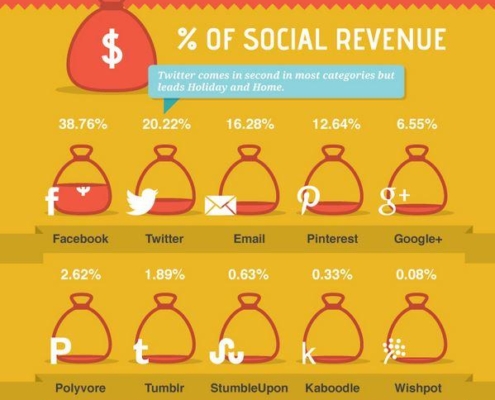 https://www.digideo.co/wp-content/uploads/2013/06/social_sharing.jpg
542
599
Urszula Urban
https://www.digideo.co/wp-content/uploads/2023/06/digideo2019-340-1.jpg
Urszula Urban2017-12-05 18:40:262024-10-11 15:23:00Social sharing and recommendations in ecommerce
https://www.digideo.co/wp-content/uploads/2013/06/social_sharing.jpg
542
599
Urszula Urban
https://www.digideo.co/wp-content/uploads/2023/06/digideo2019-340-1.jpg
Urszula Urban2017-12-05 18:40:262024-10-11 15:23:00Social sharing and recommendations in ecommerce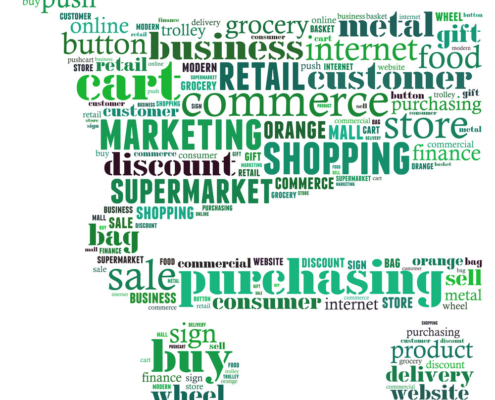 https://www.digideo.co/wp-content/uploads/2012/11/shopping-cart.jpg
927
1000
Urszula Urban
https://www.digideo.co/wp-content/uploads/2023/06/digideo2019-340-1.jpg
Urszula Urban2017-06-24 02:43:362025-01-24 14:33:08e-commerce hotter
https://www.digideo.co/wp-content/uploads/2012/11/shopping-cart.jpg
927
1000
Urszula Urban
https://www.digideo.co/wp-content/uploads/2023/06/digideo2019-340-1.jpg
Urszula Urban2017-06-24 02:43:362025-01-24 14:33:08e-commerce hotter https://www.digideo.co/wp-content/uploads/2017/02/banner-news-alt.jpg
750
1500
Urszula Urban
https://www.digideo.co/wp-content/uploads/2023/06/digideo2019-340-1.jpg
Urszula Urban2017-03-31 18:30:092025-03-18 13:59:23eCommerce News March 2017 by Digideo
https://www.digideo.co/wp-content/uploads/2017/02/banner-news-alt.jpg
750
1500
Urszula Urban
https://www.digideo.co/wp-content/uploads/2023/06/digideo2019-340-1.jpg
Urszula Urban2017-03-31 18:30:092025-03-18 13:59:23eCommerce News March 2017 by Digideo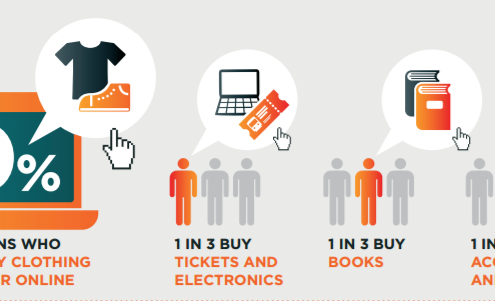 Digideo
https://www.digideo.co/wp-content/uploads/2017/02/masterindex-2017-research-product-bought.png
301
879
Urszula Urban
https://www.digideo.co/wp-content/uploads/2023/06/digideo2019-340-1.jpg
Urszula Urban2017-02-04 20:59:212025-01-24 15:46:48eCommerce news February 2017
Digideo
https://www.digideo.co/wp-content/uploads/2017/02/masterindex-2017-research-product-bought.png
301
879
Urszula Urban
https://www.digideo.co/wp-content/uploads/2023/06/digideo2019-340-1.jpg
Urszula Urban2017-02-04 20:59:212025-01-24 15:46:48eCommerce news February 2017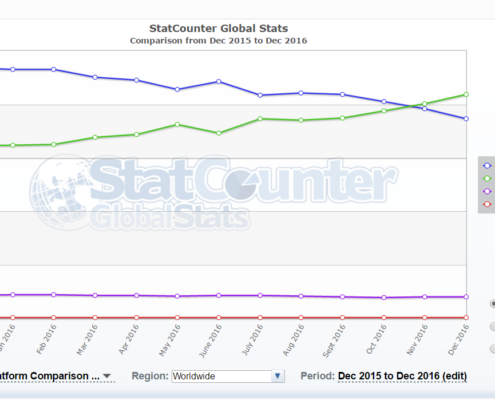 https://www.digideo.co/wp-content/uploads/2017/01/global-web-statistics-1.png
699
1054
Urszula Urban
https://www.digideo.co/wp-content/uploads/2023/06/digideo2019-340-1.jpg
Urszula Urban2017-01-06 17:28:572024-10-11 15:25:10Finally mobile usage exceeded desktop usage globally
https://www.digideo.co/wp-content/uploads/2017/01/global-web-statistics-1.png
699
1054
Urszula Urban
https://www.digideo.co/wp-content/uploads/2023/06/digideo2019-340-1.jpg
Urszula Urban2017-01-06 17:28:572024-10-11 15:25:10Finally mobile usage exceeded desktop usage globally https://www.digideo.co/wp-content/uploads/2016/11/airbnb-2.jpg
592
1098
Urszula Urban
https://www.digideo.co/wp-content/uploads/2023/06/digideo2019-340-1.jpg
Urszula Urban2016-11-04 19:18:312024-10-11 15:25:12what eCommerce Marketplace Metrics are important
https://www.digideo.co/wp-content/uploads/2016/11/airbnb-2.jpg
592
1098
Urszula Urban
https://www.digideo.co/wp-content/uploads/2023/06/digideo2019-340-1.jpg
Urszula Urban2016-11-04 19:18:312024-10-11 15:25:12what eCommerce Marketplace Metrics are important
Building scaled ecommerce business
business tools, consumer behaviour, CRM, e-commerce, marketing, marketing automation, strategy
Why entrepreneurship behavior is important for your company
consulting, consumer behaviour, e-commerce, strategy https://www.digideo.co/wp-content/uploads/2016/03/shop.jpg
667
1000
Urszula Urban
https://www.digideo.co/wp-content/uploads/2023/06/digideo2019-340-1.jpg
Urszula Urban2016-03-01 15:16:402024-10-11 15:25:18Truth behind eCommerce optimization
https://www.digideo.co/wp-content/uploads/2016/03/shop.jpg
667
1000
Urszula Urban
https://www.digideo.co/wp-content/uploads/2023/06/digideo2019-340-1.jpg
Urszula Urban2016-03-01 15:16:402024-10-11 15:25:18Truth behind eCommerce optimization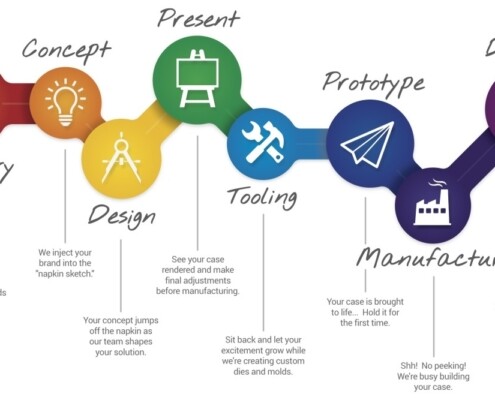 https://www.digideo.co/wp-content/uploads/2016/01/Optimized-Design-Process.jpg
667
1200
Urszula Urban
https://www.digideo.co/wp-content/uploads/2023/06/digideo2019-340-1.jpg
Urszula Urban2016-01-27 12:36:372024-10-11 15:25:19Future doesn’t exist – the design process
https://www.digideo.co/wp-content/uploads/2016/01/Optimized-Design-Process.jpg
667
1200
Urszula Urban
https://www.digideo.co/wp-content/uploads/2023/06/digideo2019-340-1.jpg
Urszula Urban2016-01-27 12:36:372024-10-11 15:25:19Future doesn’t exist – the design process https://www.digideo.co/wp-content/uploads/2016/01/web-design-trends-in-2016.jpg
430
741
Urszula Urban
https://www.digideo.co/wp-content/uploads/2023/06/digideo2019-340-1.jpg
Urszula Urban2016-01-19 17:05:512025-02-03 14:39:37Web design trends in 2016
https://www.digideo.co/wp-content/uploads/2016/01/web-design-trends-in-2016.jpg
430
741
Urszula Urban
https://www.digideo.co/wp-content/uploads/2023/06/digideo2019-340-1.jpg
Urszula Urban2016-01-19 17:05:512025-02-03 14:39:37Web design trends in 2016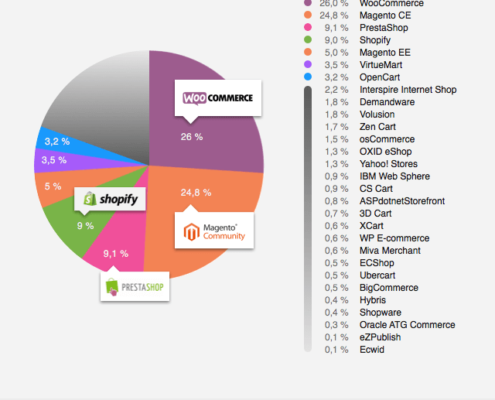 https://www.digideo.co/wp-content/uploads/2016/01/magento-market-share-102015.png
640
640
Urszula Urban
https://www.digideo.co/wp-content/uploads/2023/06/digideo2019-340-1.jpg
Urszula Urban2016-01-04 12:08:382024-07-17 12:28:07What is Magento market share in 2015
https://www.digideo.co/wp-content/uploads/2016/01/magento-market-share-102015.png
640
640
Urszula Urban
https://www.digideo.co/wp-content/uploads/2023/06/digideo2019-340-1.jpg
Urszula Urban2016-01-04 12:08:382024-07-17 12:28:07What is Magento market share in 2015 https://www.digideo.co/wp-content/uploads/2015/08/remote-team-scaled.jpg
1344
2560
Urszula Urban
https://www.digideo.co/wp-content/uploads/2023/06/digideo2019-340-1.jpg
Urszula Urban2015-08-27 19:39:502024-10-11 15:25:22Using Virtual Agent for eCommerce customers
https://www.digideo.co/wp-content/uploads/2015/08/remote-team-scaled.jpg
1344
2560
Urszula Urban
https://www.digideo.co/wp-content/uploads/2023/06/digideo2019-340-1.jpg
Urszula Urban2015-08-27 19:39:502024-10-11 15:25:22Using Virtual Agent for eCommerce customers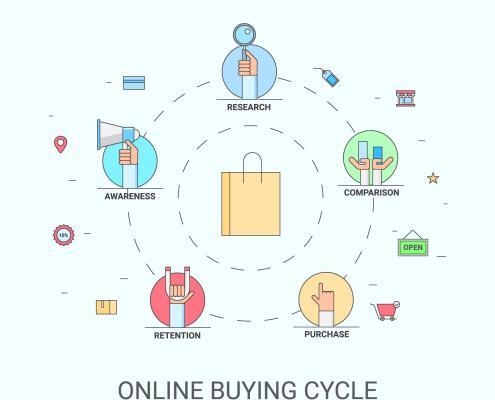
Conversion rate optimization for your shop or website
e-commerce, SEM, SEO https://www.digideo.co/wp-content/uploads/2015/03/glob-budynki.jpg
1500
1500
Urszula Urban
https://www.digideo.co/wp-content/uploads/2023/06/digideo2019-340-1.jpg
Urszula Urban2015-03-14 16:35:022024-10-11 15:25:24Leveraging Replicating Global Content
https://www.digideo.co/wp-content/uploads/2015/03/glob-budynki.jpg
1500
1500
Urszula Urban
https://www.digideo.co/wp-content/uploads/2023/06/digideo2019-340-1.jpg
Urszula Urban2015-03-14 16:35:022024-10-11 15:25:24Leveraging Replicating Global Content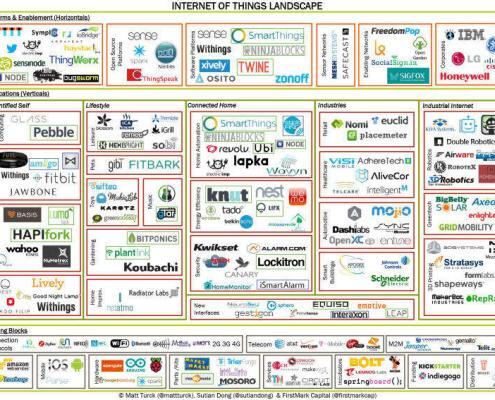 https://www.digideo.co/wp-content/uploads/2015/01/internetofthings2.jpg
567
756
Urszula Urban
https://www.digideo.co/wp-content/uploads/2023/06/digideo2019-340-1.jpg
Urszula Urban2015-01-14 22:14:582024-10-11 15:25:26Trend 2015 – Internet of things
https://www.digideo.co/wp-content/uploads/2015/01/internetofthings2.jpg
567
756
Urszula Urban
https://www.digideo.co/wp-content/uploads/2023/06/digideo2019-340-1.jpg
Urszula Urban2015-01-14 22:14:582024-10-11 15:25:26Trend 2015 – Internet of things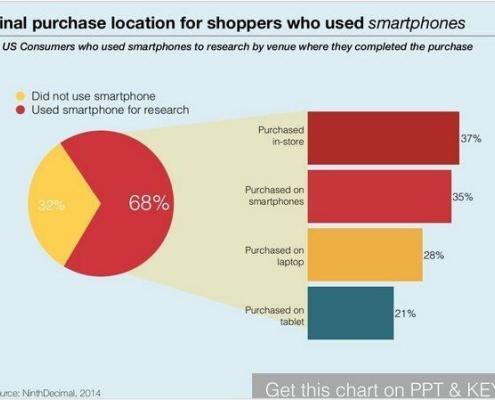
US shoppers behavior changes 2014
consumer behaviour, e-commerce, marketing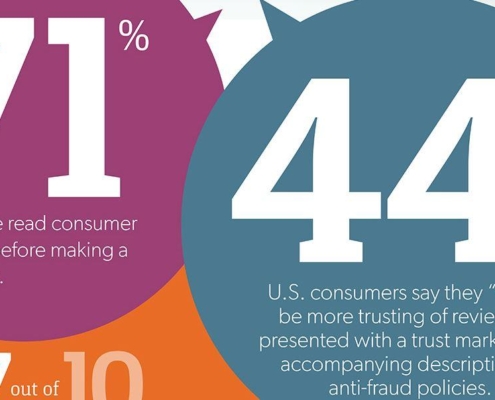
Consumer reviews authenticity
consumer behaviour, e-commerce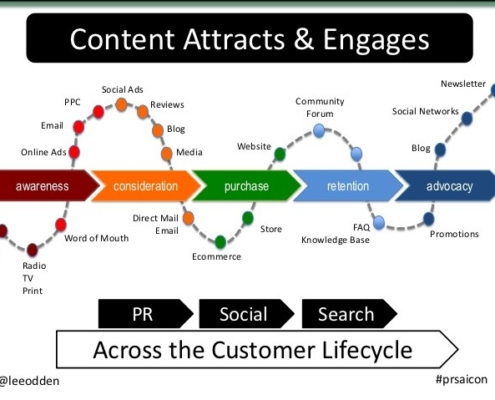 https://www.digideo.co/wp-content/uploads/2014/04/slide-6-638.jpg
479
638
Urszula Urban
https://www.digideo.co/wp-content/uploads/2023/06/digideo2019-340-1.jpg
Urszula Urban2014-04-09 17:23:482024-10-11 15:25:31how to make an attractive content for B2B shops
https://www.digideo.co/wp-content/uploads/2014/04/slide-6-638.jpg
479
638
Urszula Urban
https://www.digideo.co/wp-content/uploads/2023/06/digideo2019-340-1.jpg
Urszula Urban2014-04-09 17:23:482024-10-11 15:25:31how to make an attractive content for B2B shops https://www.digideo.co/wp-content/uploads/2014/01/shop.jpg
667
1000
Urszula Urban
https://www.digideo.co/wp-content/uploads/2023/06/digideo2019-340-1.jpg
Urszula Urban2014-01-02 12:59:482024-10-11 15:25:33The Pricing Strategy In e-Commerce Is Fundamental
https://www.digideo.co/wp-content/uploads/2014/01/shop.jpg
667
1000
Urszula Urban
https://www.digideo.co/wp-content/uploads/2023/06/digideo2019-340-1.jpg
Urszula Urban2014-01-02 12:59:482024-10-11 15:25:33The Pricing Strategy In e-Commerce Is Fundamental
Negative feedback is positive
consumer behaviour, marketing, social marketing, strategy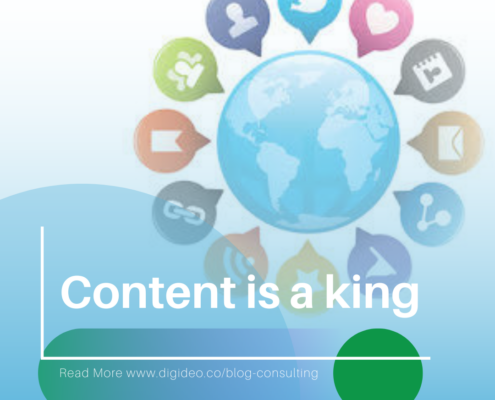 Digideo
https://www.digideo.co/wp-content/uploads/2013/09/Content-is-a-king.png
1080
1080
Urszula Urban
https://www.digideo.co/wp-content/uploads/2023/06/digideo2019-340-1.jpg
Urszula Urban2013-09-12 18:01:452024-11-21 13:31:05Content is a king
Digideo
https://www.digideo.co/wp-content/uploads/2013/09/Content-is-a-king.png
1080
1080
Urszula Urban
https://www.digideo.co/wp-content/uploads/2023/06/digideo2019-340-1.jpg
Urszula Urban2013-09-12 18:01:452024-11-21 13:31:05Content is a king https://www.digideo.co/wp-content/uploads/2013/07/strategy_marketing.jpg
998
1500
Urszula Urban
https://www.digideo.co/wp-content/uploads/2023/06/digideo2019-340-1.jpg
Urszula Urban2013-07-19 19:33:212024-10-23 14:53:47Do we need a marketing strategy?
https://www.digideo.co/wp-content/uploads/2013/07/strategy_marketing.jpg
998
1500
Urszula Urban
https://www.digideo.co/wp-content/uploads/2023/06/digideo2019-340-1.jpg
Urszula Urban2013-07-19 19:33:212024-10-23 14:53:47Do we need a marketing strategy?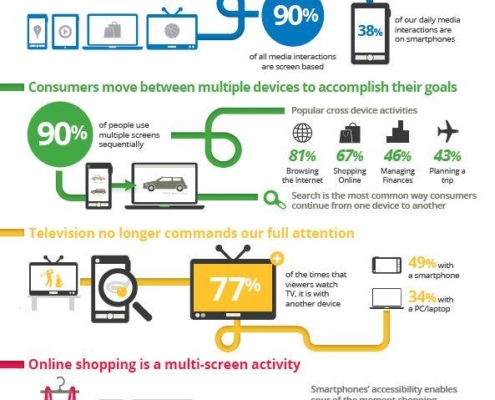
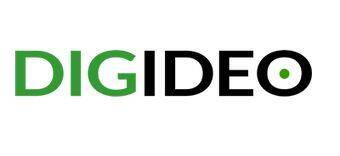

Share this entry